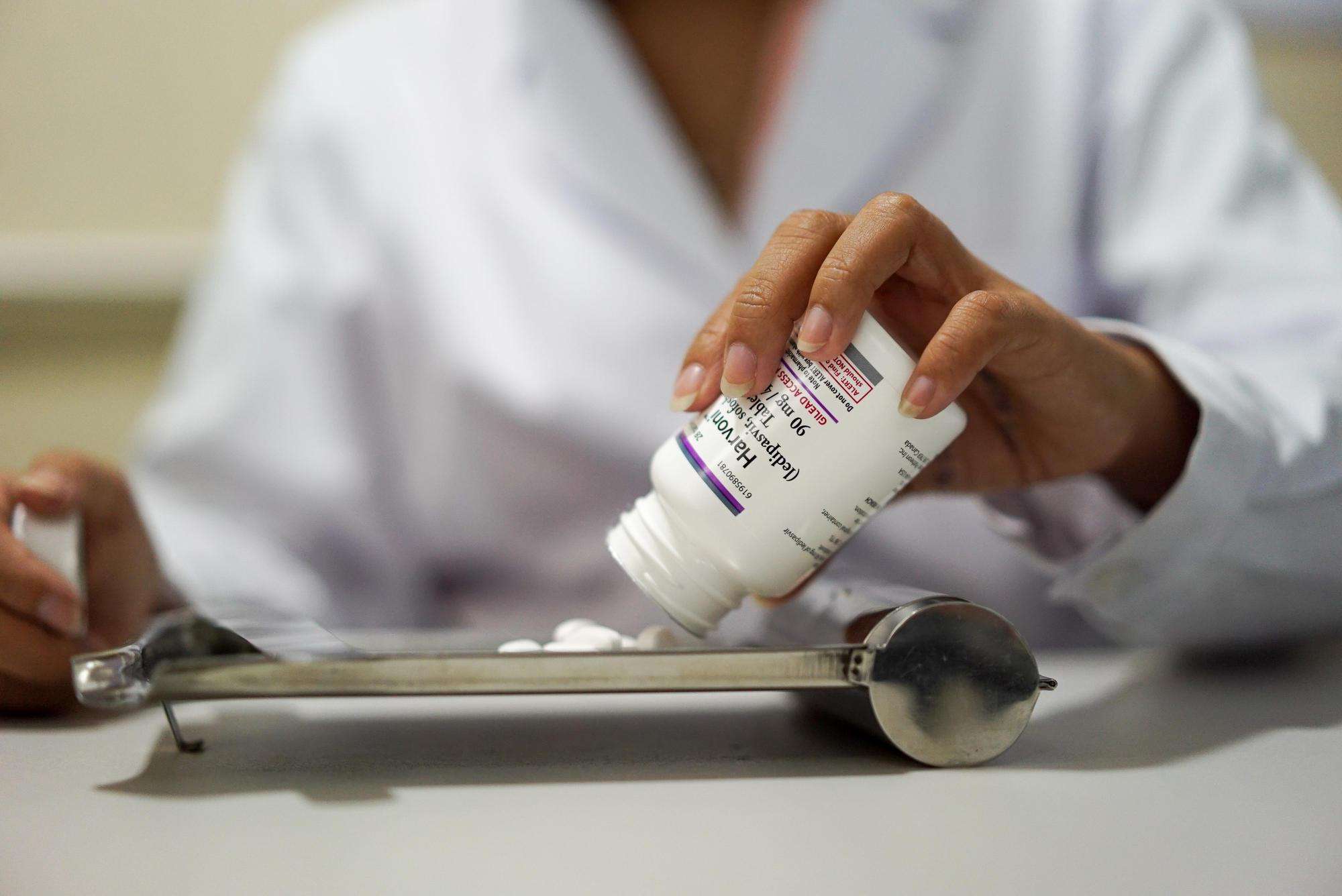NEW YORK, SEPTEMBER 26, 2018—A Brazilian federal court on Monday suspended a patent held by Gilead Sciences for the oral hepatitis C drug sofosbuvir, a decision that could allow for the introduction of low-cost generic versions of this medicine and put lifesaving drugs in the hands of more people.
Sofosbuvir is an oral, direct-acting antiviral drug that is safer, more tolerable, and more effective than older hepatitis C treatments. It forms the backbone of most hepatitis C treatment combinations, but sofosbuvir and its key companion drugs are priced out of reach for people who need them in many countries, including Brazil.
The patent for sofosbuvir was granted to Gilead earlier this month by the Instituto Nacional da Propriedade Industrial (INPI), the Brazilian patent office. However, given the impact that the price of this drug would have on public health and the government’s health budget—and under increasing pressure from public and non-governmental organizations such as the international medical humanitarian organization Doctors Without Borders/Médecins Sans Frontières (MSF)—the court suspended the patent and ordered the patent office to review its ruling, allowing for the possibility of generic production of sofosbuvir in Brazil.
Courts have already ruled against Gilead and rejected key patents on sofosbuvir in China, Egypt, and Ukraine, and decisions are pending or being appealed in several other countries including Argentina, India, Thailand, and Russia.
Ana de Lemos, executive director of MSF-Brazil, made the following statement regarding the court’s decision:
“The Brazilian court’s decision to suspend the patent for sofosbuvir is extremely encouraging because it shows that intellectual property issues cannot be considered separately from their impact on public health and people’s lives. MSF will continue to put pressure on local authorities to make sure the decision is not reversed. The 700,000 people in Brazil who still don’t have access to the hepatitis C cure cannot be let down.”
Brazilian court decision paves way for affordable hepatitis C medicine

CAMBODIA 2017 © Todd Brown/MSF



